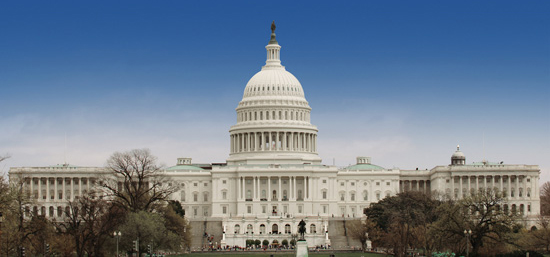We applaud the introduction of legislation to strengthen the Americans with Disabilities Act and expand the tax credits already available to small businesses who want to become more accessible to customers with disabilities.
The Disabled Access Credit Expansion Act—introduced by U.S. Senators Tammy Duckworth (D-IL), Bob Casey (D-PA), Maggie Hassan (D-NH) and Amy Klobuchar (D-MN)—would double the maximum tax credit currently offered via the Disabled Access Credit (DAC), which helps businesses pay for renovations. The proposed legislation would also expand the definition of small businesses who are eligible to receive this assistance, as well as investing in existing programs that mediate ADA-related disputes and help individuals and businesses understand the ADA's requirements.
Given the recent upswing in litigation concerning companies hosting inaccessible websites, we believe the Disabled Access Credit Expansion Act to be a sensible and pragmatic route forward. Contrast this to the ADA Education and Reform Act of 2017. Also known as H.R. 620, this legislation would significantly impair the enforceability of the Americans with Disabilities Act by requiring an individual with a disability who encounters a barrier in any public accommodation, e.g. restaurants, movie theaters, etc., to give the business owner a technically precise written notice of the barrier followed by at least six months to resolve the issue before proceeding with court action.
While the language of H.R. 620 is currently restricted to architectural barriers, many advocates fear that the legislation is poised to be expanded to include the ADA's applicability to the internet. Further, that the bill would unconscionably encourage operators to wait for a complaint before making facilities accessible rather than affirmatively ensuring accessibility as a matter of course.
Which, of course, makes the Disabled Access Credit Expansion Act welcome news.
